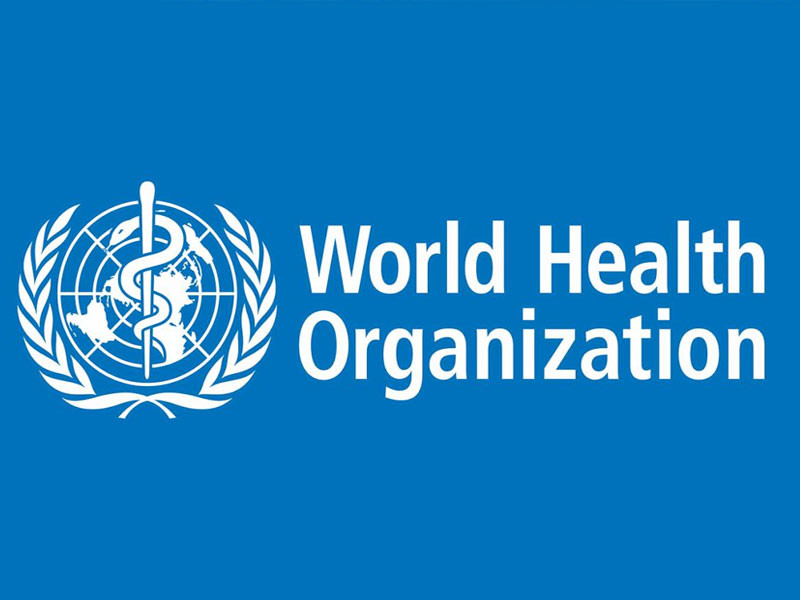Tuesday 7th May 2024

“The world will not reach the goal of universal sanitation coverage – where every person in the world has access to toilets that safely contain excreta – by 2030* unless countries make comprehensive policy shifts and invest more funds, “says the World Health Organization (WHO).
The World Health Organization said this as it launched its first ‘Global Guidelines on Sanitation and Health’ in October 2018.
According to WHO, every USD 1 investment in sanitation will give nearly six-fold return measured by lowered health costs, increased productivity and fewer premature deaths.
Urging the countries to start investing in this area, WHO says, “by adopting WHO’s new guidelines, countries can significantly reduce the 829,000 annual diarrheal deaths due to unsafe water, sanitation and hygiene.”
In its report, the international healthcare body said 2.3 billion people are currently lacking basic sanitation, with almost half forced to defecate in the open areas. “They are among the 4.5 billion without access to safely managed sanitation services – in other words a toilet connected to a sewer or pit or septic tank that treats human waste,” it adds.
“Sanitation is a fundamental foundation of human health and development and underpins the core mission of WHO and ministries of health worldwide. WHO’s Sanitation and Health Guidelines are essential to securing health and well-being for everyone, everywhere,” said Dr Soumya Swaminathan, Deputy Director-General for Programmes, WHO.
The new guidelines set out four principal recommendations:
In its release, WHO also highlighted a few countries that have already undertaken similar measures for sanitation and safety.
While India has elevated the challenge of ending open defecation to the highest level under the government’s ‘Swachh Bharat Mission’, Senegal in Africa was found to be the leader in the region in taking up sanitation measures.
Hope more countries would join the list for a healthy world.
See Full Report : Global Guidelines on Sanitation and Health